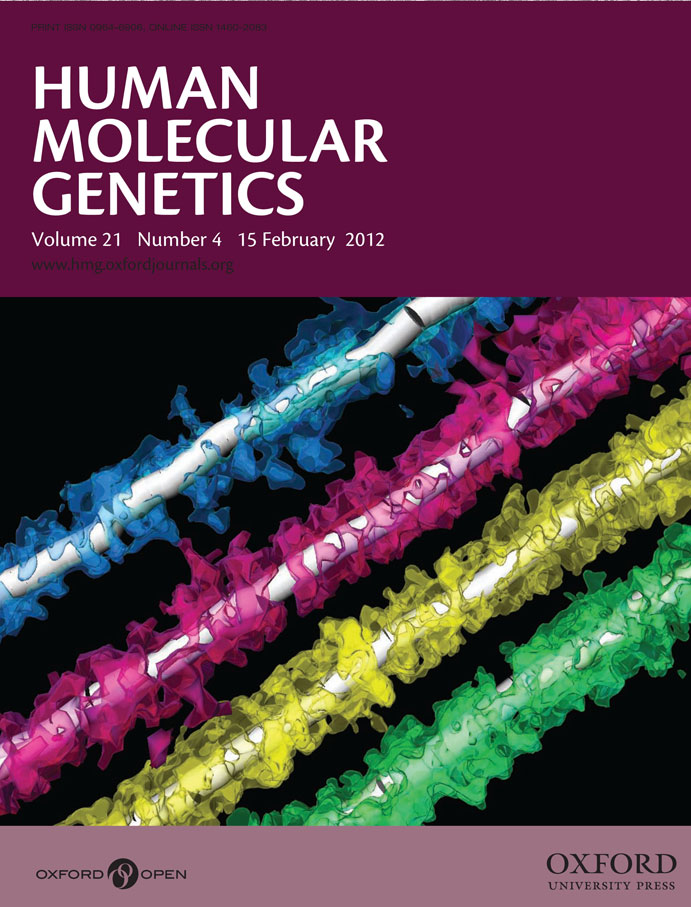Research Highlights
New Insights into the Role of LRRK2 Mutations in the Pathogenesis of Parkinson's Disease
February 2012 La Jolla
Mutations in the leucine-rich repeat kinase 2 (LRRK2) are associated with increased risk of developing Parkinson’s disease. Kett and colleagues, in collaboration with researchers at NCMIR, have uncovered a novel association of mutant LRRK2 with microtubules using advanced labeling and microscopy techniques. In cultured neurons, LRRK2 mutations appear to enhanced LRRK2 oligomerization, causing it to form filamentous structures visible by light microscopy. Strikingly, ultrastructural analyses, including immuno-electron microscopy and electron microscopic tomography, demonstrate that these filaments consist of LRRK2 recruited onto part of the cellular microtubule network in a well-ordered, periodic fashion. These observations identify a novel effect of LRRK2 PD mutations and highlight a potential role for microtubules in the pathogenesis of LRRK2-related neurodegeneration. The findings were published in the February 2012 issue of Human Molecular Genetics.
Tomographic reconstructions of bundled microtubules are available through the Cell Centered Database: MP86704 and MP86716
Citation: Kett LR, Boassa D, Ho CC, Rideout HJ, Hu J, Terada M, Ellisman M, Dauer WT. LRRK2 Parkinson disease mutations enhance its microtubule association. Hum Mol Genet. 2012 Feb 15;21(4):890-9. Epub 2011 Nov 11.
Online version of article in Human Molecular Genetics

